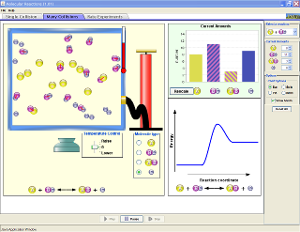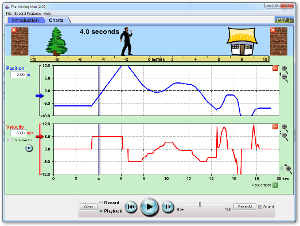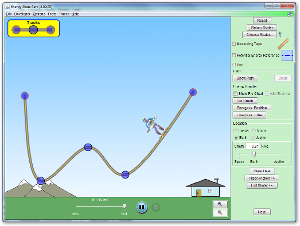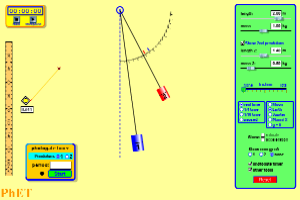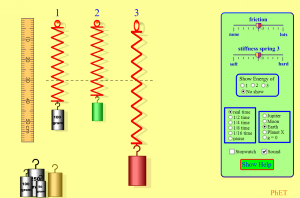Reaction and Rates Guide with Four Lessons
From Trish Loeblein, PhET K-12 Specialist and Evergreen High School physics & chemistry teacher, this Reaction and Rates Guide include a variety of tools, including teacher tips, insights into student use and thinking, learning goals, lesson plans, demo slides, student activities, and clicker questions. Applicable to a wide range of levels, you can pick and choose the activities that are appropriate for your class.


